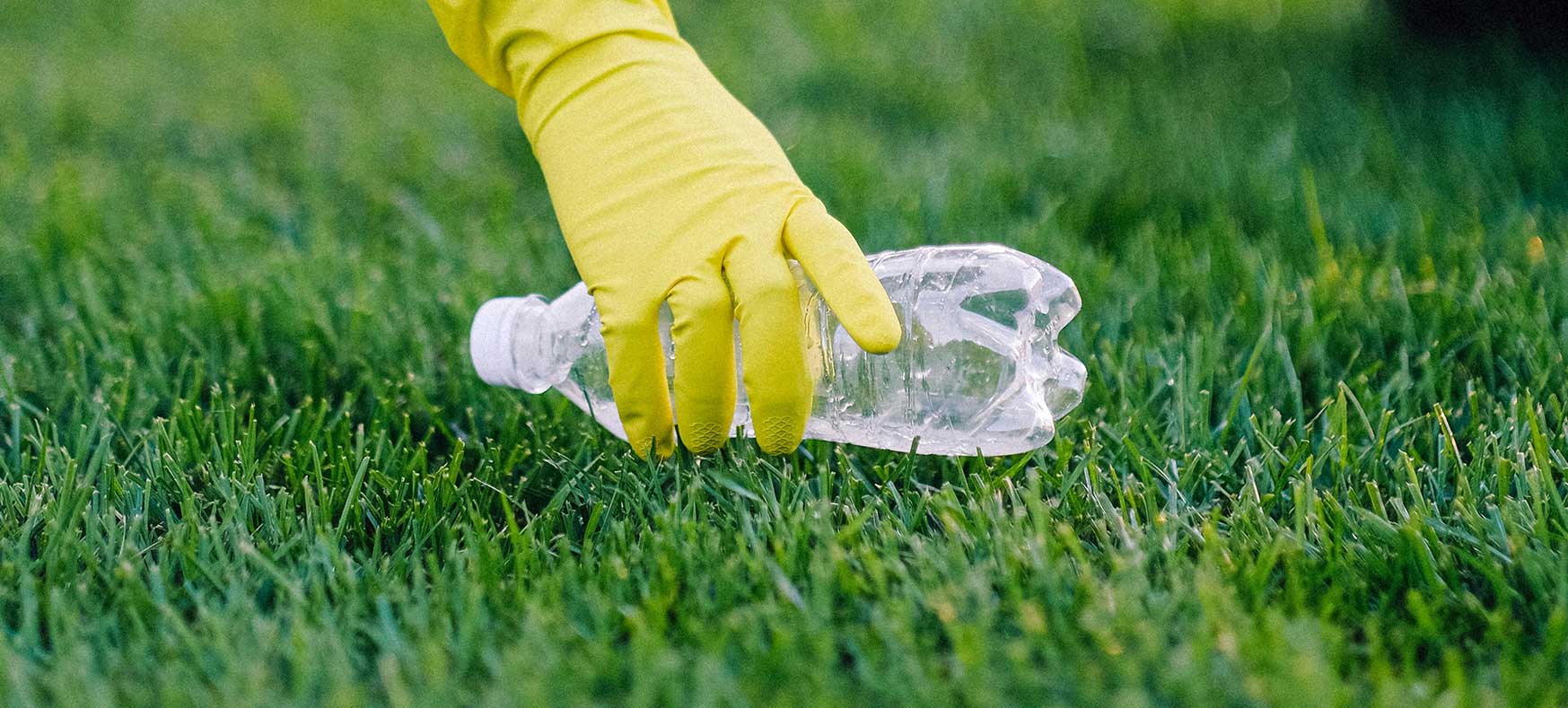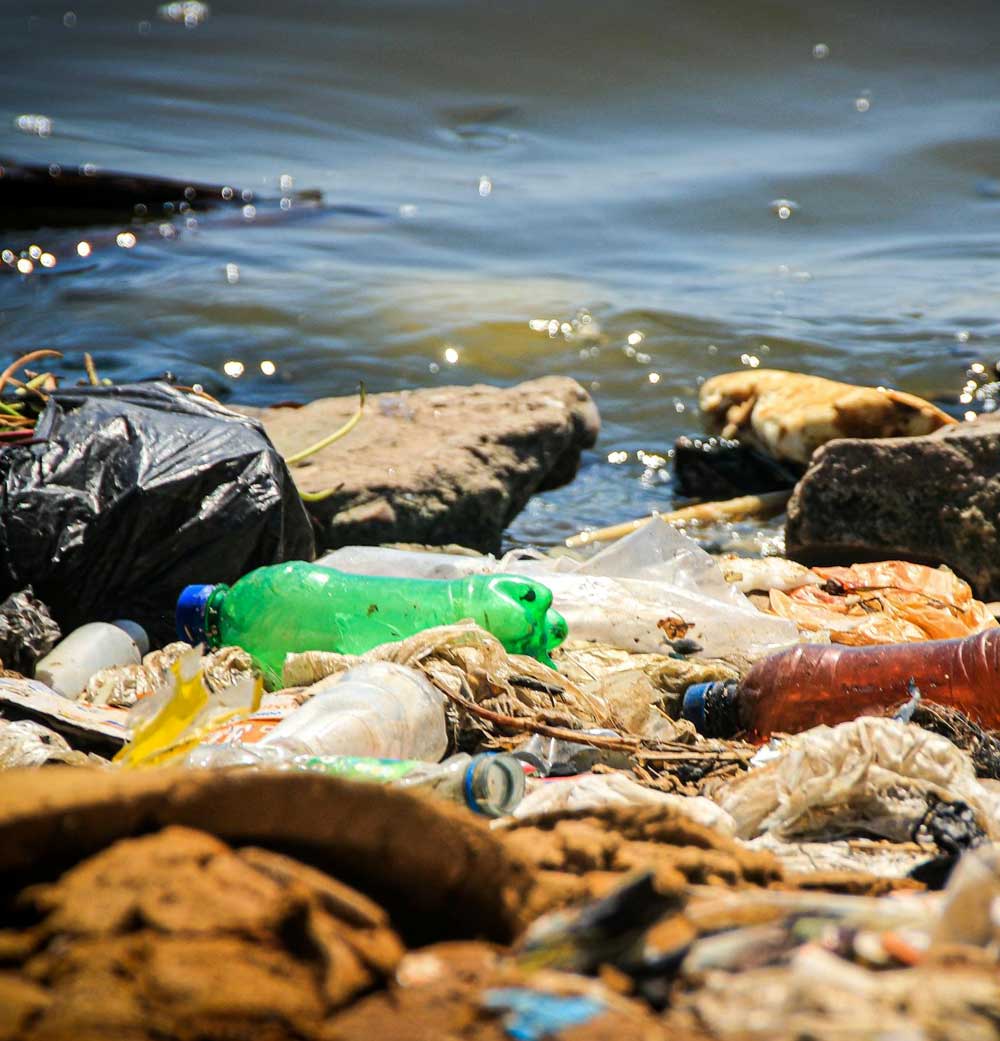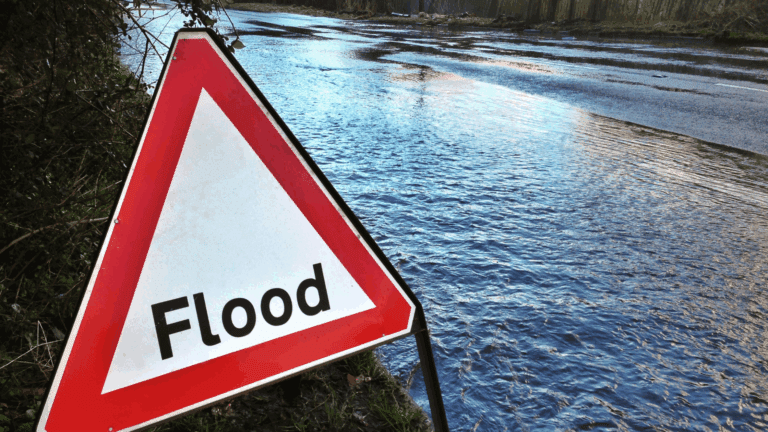
A little bit of rubbish can lead to big consequences
Littering is an insidious problem, often dismissed as a minor inconvenience. However, the potential consequences extend far beyond unsightly streets and parks. Litter’s impact on the climate is a pressing concern, blending environmental degradation with global warming in ways that demand our attention.
Understanding the scale and impact of the litter issue can reveal the full weight of the problem, which in turn can encourage sustainable practices that protect our environment and climate.
Litter and climate change
They may seem like two separate issues, but litter contributes to climate change in several indirect yet significant ways. When waste materials, particularly plastics, are left in the environment, they break down over time through exposure to sunlight, wind, and water. This degradation process releases greenhouse gases like methane and ethylene, which are both potent contributors to global warming.
Landfills and greenhouse gases
A lot of the litter collected from our streets ends up in landfills. While out of sight, these landfills are not out of mind when it comes to their environmental impact.
Organic waste, such as food scraps and yard trimmings, decomposes anaerobically (without oxygen) in landfills, producing methane – a greenhouse gas that is 25 times more effective at trapping heat in the atmosphere than carbon dioxide.

Ocean pollution and carbon sequestration
Litter, particularly plastic waste, often finds its way into our waterways, eventually reaching the oceans. And this can cause even more problems.
The accumulation of plastic debris in marine environments disrupts the natural processes of carbon sequestration. Healthy ocean ecosystems, like coral reefs, play a crucial role in absorbing carbon dioxide from the atmosphere. When these systems are compromised by pollution, their ability to sequester carbon is diminished, furthering the effects of climate change.
Microplastics and soil health
When litter decomposes, it breaks into smaller particles known as microplastics. These particles contaminate soil, ruining its health and fertility. Healthy soils are vital for sequestering carbon and maintaining the balance of greenhouse gases in the atmosphere. So when microplastics disrupt this balance, they impair the soil’s ability to capture and store carbon effectively.

The broader environmental impacts of litter
Beyond climate change, litter poses numerous threats to the environment – particularly in terms of putting the lives of wildlife at risk. Animals often mistake litter for food, leading to ingestion of harmful materials that can cause injury, poisoning or even death.
Water quality degradation is another pressing issue. Litter in water bodies can leach toxic chemicals, affecting both aquatic life and the quality of water we rely on for drinking, agriculture, and recreation.
There are also human health risks associated with litter. Accumulated litter can become a breeding ground for pests and pathogens, posing direct health risks to humans.
Combating the litter problem
Public awareness and education
Raising awareness about the environmental and climatic impacts of littering is essential. Educational campaigns can inform the public about proper waste disposal and the long-term benefits of maintaining a clean environment.
Improved waste management systems
Robust waste management infrastructure, including more accessible recycling and composting facilities, can significantly reduce the volume of litter. Innovations in waste management technology can further enhance the efficiency and effectiveness of these systems.
Community engagement and action
Communities play a key role in combating litter. Organising regular clean-up events, promoting zero-waste initiatives, and encouraging local businesses to adopt sustainable practices can foster a culture of environmental stewardship.
Policy and legislation
Governments must implement and enforce policies that deter littering and promote sustainable waste management. This includes imposing fines for littering, incentivising recycling, and supporting research into biodegradable and eco-friendly materials.

Contact Everflow today!
At Everflow, our goal is to make your utilities simpler. We ensure you get great-value contracts that are tailored to your needs and easy to manage.


